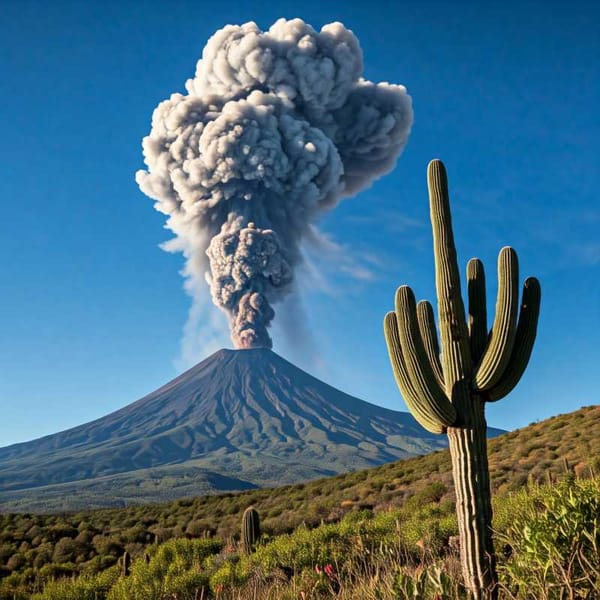Nayarit's International Airport to Take Off by Year-end
President AMLO's morning conference from Tepic, Nayarit addressed regional progress, declining homicides, security challenges, and media bias. Investments in healthcare, infrastructure, and youth empowerment underscored the government's approach.

President Andrés Manuel López Obrador (AMLO) commenced the morning conference from Tepic, Nayarit, with various officials and journalists present to address significant developments and challenges facing the state and the nation.
The governor of Nayarit, Miguel Ángel Navarro Quintero, expressed gratitude for the Federal Government's unprecedented support for the state. He highlighted the ongoing construction of an international airport, significant investments in irrigation districts, and strengthening of the cancer unit at the Women's Hospital for better healthcare services.
Navarro Quintero urged the Autonomous University of Nayarit to take corrective measures to improve its financial administration and applauded the coordinated efforts in health and water works, including drainage and treatment plants, with investments ranging from 2 to 2.5 billion pesos.




